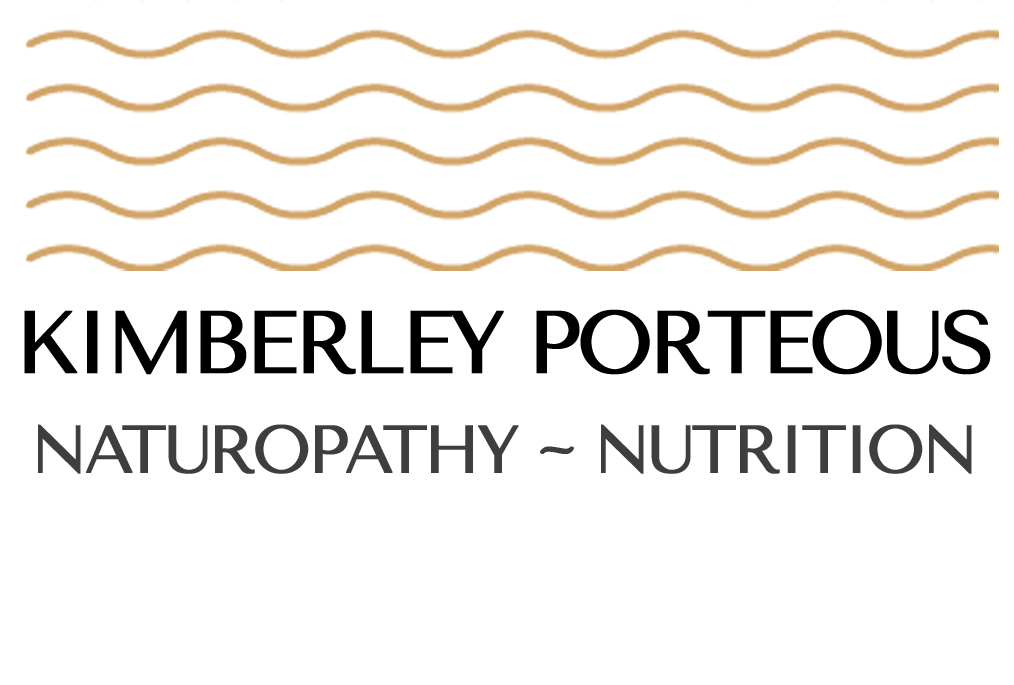Lycopene, a carotenoid found in tomato which provides its familiar red colour, can boost the body’s defences against prostate cancer. Research has found that tomato is at its most effective to reduce PSA levels and prostate cancer risk when it is cooked with fats or oils.

Lycopene is a carotenoid found in tomatoes, as well as guava, watermelon, and pink grapefruit. It accumulates in the prostate gland and is a potent antioxidant. Lycopene is hypothesised to suppress cancer cell division and reduce cell proliferation and interfere with IGF-1 signalling to disrupt cancer cell growth.
Can tomatoes reduce your risk of prostate cancer?
Studies suggest lycopene-poor diets are associated with increased lipid and DNA oxidation (implicated in cancer development) and epidemiological studies show an inverse relationship between lycopene-rich diets and cancer incidence.
A randomised trial of twenty-six men found that two daily 15mg serves of lycopene extract resulted in smaller prostate tumours and reduced invasiveness with lower prostate-specific antigen (PSA) levels after three weeks. Most studies using lycopene supplements deliver mixed results, however, — with a body of research finding that dietary tomato consumption is more favourable than a supplement.
A very large study of 51,529 men found that tomato sauce reduced prostate cancer risk even with one weekly serving; two or more servings were linked to a 20-35 percent lower risk. Subsequent analysis observed the cancer progression risk reduced 20 percent for every increase of two servings a week.
Another long-term study of 5,643 men found median or high dietary lycopene intake correlated with lower death rates from high-risk prostate cancer. Consistently high intake — above 6mg of lycopene/day, or above 3.4 servings of tomato/week — had a 59 percent lower risk of death.
A recent review found a 12 percent reduced risk of prostate cancer from consuming one cup of cooked, but not raw, tomato, with the risk decreasing 1 percent with each additional 14 mg of lycopene consumed weekly.
Tomatoes appear more effective than lycopene alone, suggesting it is a combination of components within the fruit which contribute to their cancer-protective function. This concurs with a review finding only modest decreases in prostate cancer incidence from taking a lycopene supplement.
Heating tomatoes improves their bioavailability by disrupting cell membranes, allowing lycopene to be released, therefore tomato should be consumed cooked for maximum cancer-protective effects. Several meta-analyses failed to find an association between raw tomatoes and reduced cancer risk, and conflicting study results could be from including uncooked tomato in the research intervention.
Lycopene is a lipophilic compound that enters our body’s cells via their lipid membranes, so it is better absorbed into the human body alongside fats and oils. The most promising results against prostate cancer come from studies using oil-based tomato sauces.
Tomatoes’ effects on reducing the risk and improving outcomes from prostate cancer are well studied. Some research studies found its effects were inconclusive, but these studies typically included raw tomatoes instead of cooked ones, or used lycopene supplements instead of consuming tomatoes as food. Fascinatingly, it appears from the research that it is the combination of the fruit’s different constituents which act together synergistically to exert cancer-protective effects. Scientists are now hypothesising that lycopene is not the only cancer-protective component of tomatoes, and that it can help prevent other types of cancer.
So when it comes to lowering PSA levels and reducing your risk of prostate cancer, take your tomatoes in cooked food form, not out of a tablet. Cook them with a bit of olive oil for the best effects, such as a tomato-based sauce.
One cup of cooked tomato/week may reduce cancer incidence and four servings/week is associated with decreased death from prostate cancer. Tomato paste can be included as a serving of cooked tomato to give you the same benefits.
